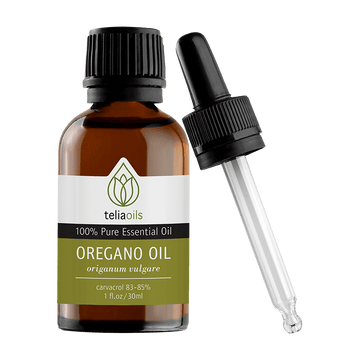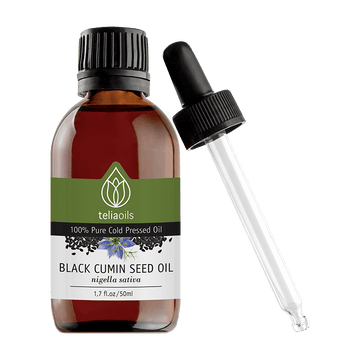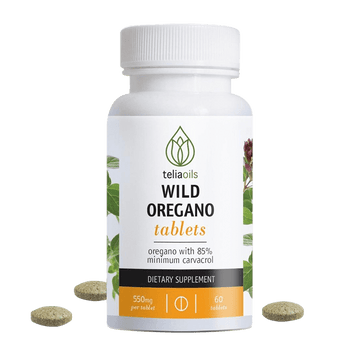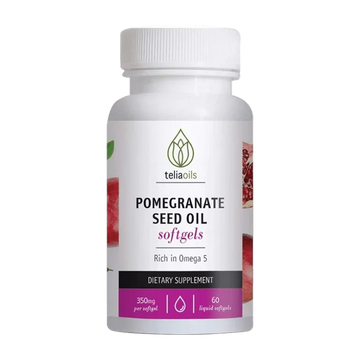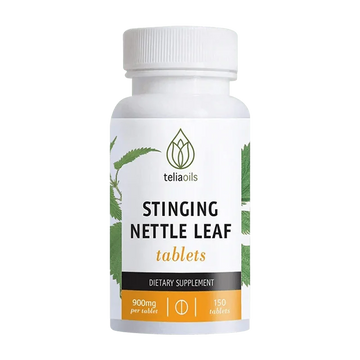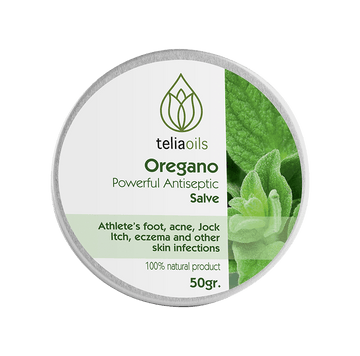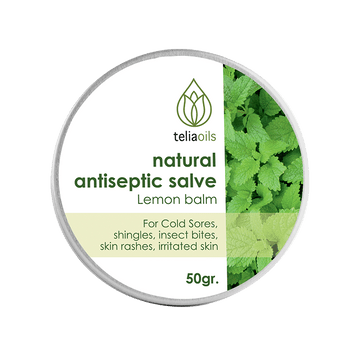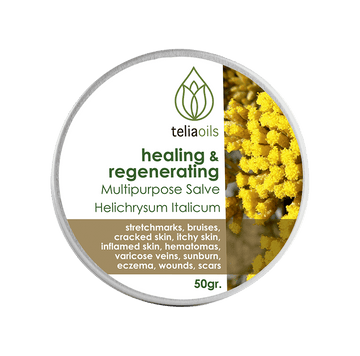
High cholesterol is a significant health concern affecting millions of people worldwide. It’s a leading risk factor for heart disease, stroke, and other cardiovascular conditions. While prescription medications are commonly used to manage cholesterol levels, many people are turning to natural remedies for additional support. One such remedy that has gained attention is black cumin, also known as Nigella sativa.
Understanding Cholesterol and Its Impact
Cholesterol is a waxy substance found in your blood that’s essential for building cells and producing hormones. However, having too much low-density lipoprotein (LDL), or "bad" cholesterol, can lead to plaque buildup in the arteries, increasing the risk of cardiovascular disease. On the other hand, high-density lipoprotein (HDL), or "good" cholesterol, helps remove excess cholesterol from the bloodstream. Maintaining a healthy balance between LDL and HDL is critical for cardiovascular health.
The Role of Black Cumin in Cholesterol Management
Black cumin contains a powerful compound called thymoquinone, which is known for its antioxidant, anti-inflammatory, and lipid-lowering properties. These properties make black cumin an effective natural remedy for managing cholesterol levels. Here's how it works:
1. Reducing LDL Cholesterol
Studies have shown that black cumin can significantly reduce levels of LDL cholesterol. LDL cholesterol contributes to the formation of fatty deposits in the arteries, which can lead to atherosclerosis and increase the risk of heart attacks and strokes. The thymoquinone in black cumin helps to lower LDL levels by inhibiting cholesterol synthesis in the liver and promoting its breakdown.
2. Increasing HDL Cholesterol
Black cumin not only reduces bad cholesterol but also boosts good cholesterol. Higher levels of HDL cholesterol are beneficial because they help transport excess cholesterol to the liver for excretion. This balancing act contributes to better cardiovascular health and reduces the risk of complications associated with high cholesterol.
3. Preventing Oxidative Stress
Oxidative stress caused by free radicals can lead to the oxidation of LDL cholesterol, making it more likely to stick to artery walls. Black cumin’s antioxidant properties help neutralize free radicals, reducing oxidative stress and preventing damage to blood vessels. This protective effect supports overall heart health.
4. Supporting Healthy Lipid Profiles
In addition to managing cholesterol levels, black cumin has been found to improve overall lipid profiles by reducing triglycerides. Elevated triglyceride levels are another risk factor for cardiovascular disease, and black cumin’s ability to regulate these levels further enhances its benefits for heart health.
How to Use Black Cumin for Cholesterol Management
To incorporate black cumin into your daily routine, you can use it in the following forms:
- Black Cumin Oil: Take one teaspoon of cold-pressed black cumin oil daily. It can be consumed on its own or mixed with honey for a more palatable taste.
- Black Cumin Seeds: Add ground black cumin seeds to your meals, such as soups, salads, or smoothies.
-
Capsules: If you prefer convenience, black cumin supplements are available in capsule form. Be sure to follow the dosage instructions on the label or consult your healthcare provider.
Black cumin is a natural and effective way to support cholesterol management and improve heart health. Its unique combination of antioxidant, anti-inflammatory, and lipid-lowering properties makes it a valuable addition to your wellness routine. By incorporating black cumin into your diet or supplement regimen, you can take a proactive step toward maintaining healthy cholesterol levels and reducing your risk of cardiovascular disease.

